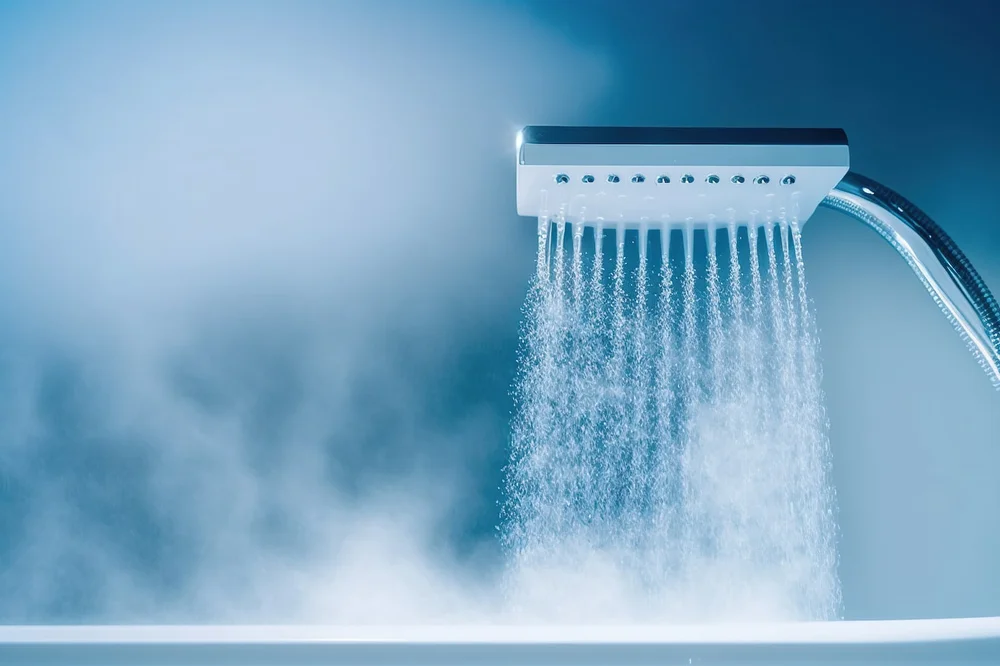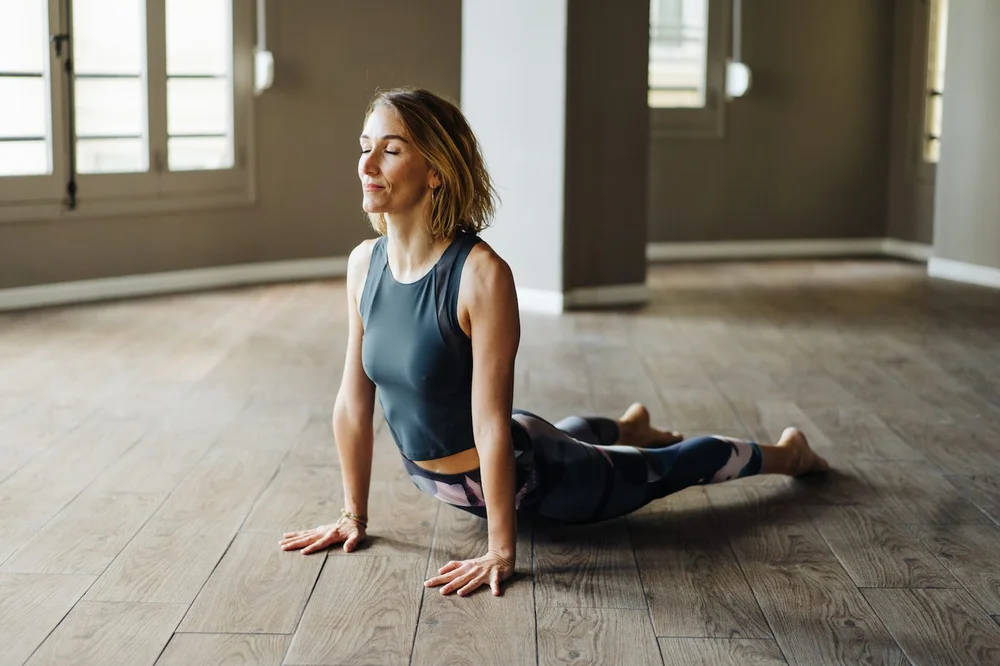Hot vs. Cold Showers: Which is Better for Your Health?
Cold showers have been gaining attention lately. It may have you wondering if they’re actually better for you. Should you switch up your shower routine and trade-in the relaxing hot water? Are cold showers better for your health?
The truth is that both cold showers and hot showers are beneficial for your health. That’s right, there’s room for the full range of water temperatures in your personal care routines.
Let’s dive in and look at the pros and cons of hot vs. cold showers and when you should choose which.
The Benefits of Hot Showers
- Muscle relaxation
- Improved sleep
- Soothe sore muscles
- Open airways
- Natural cold remedy
- Open pores
- Provide a deep clean
If it’s the end of a long day, and you’re feeling physical and mental tiredness, a hot shower probably sounds pretty nice. In this case, it’s a great choice!
Research suggests that a warm shower or bath 1-2 hours before bed can help you unwind and relax, allowing your body to not only fall asleep faster, but also sleep better.
Warm water is known to soothe sore muscles and relieve overall physical tension.
Hot showers are a good idea when you’re feeling under the weather with respiratory symptoms. The steam and warm air are a natural remedy that can provide relief if you have a cough or cold. The warm humid air can open your airways, clear out nasal passages and loosen phlegm.
Hot showers also can help open your pores and allow for a deep skin cleanse. Warm water can help prevent a pimple breakout and heal blemishes by releasing trapped oils and toxins in the skin.
When Hot Showers Might Not Be the Best
It’s worth mentioning that hot water tends to dry out your skin more than cold water does.
Hot water can make itchy, irritated skin worse. If you’re experiencing dry skin, consider rinsing with cold water instead.
The Benefits of Cold Showers
- Increase circulation
- Reduce muscle soreness after exercise
- Increase alertness and improve focus
- Improves skin and hair health
- Soothe itchy skin
- Boost immune system
- Improve mood
- Improve mental resilience
- Release endorphins
There’s definitely a reason why cold showers are a popular health boosting tool. Looking at the list above, the potential benefits of standing in cold water for a few minutes each day sound pretty good!
Increased circulation and reduced inflammation are two of the most familiar benefits of cold showers. When you exercise, your muscles work hard and can experience inflammation, micro-tears, and soreness. If you shower in cold water after exercising, the cold water hits your skin, constricting the blood vessels and reducing soreness. The numbing power of the cold water also can provide immediate relief.
The improved circulation provided by cold showers can positively affect your immune system. Also, cold water can stimulate blood cells that fight off infection.
It’s easy to see how bracing cold water can lead to increased alertness and improved focus, making cold showers a great option first thing in the morning.
A lesser-known benefit is that cold water can be a balm for dry, itchy skin. A cold shower can tighten and constrict the skin, giving it a healthy glow.
Your hair also may benefit from being washed in cold water. Cold water seals in the moisture and closes the hair cuticles, leaving you with smoother, shinier hair. Over time, you’ll likely notice stronger, healthier hair.
Do Cold Showers Really Affect Your Mood?
When it comes to hot showers or cold showers and combating feelings of stress and low mood, cold is the winner.
Cold showers have been shown to have a positive impact on mental health. One study found supporting evidence that twice-daily cold showers reduced feelings of low-mood and improved feelings of well-being.
The shock of cold water has a stimulating effect that causes the release of endorphins, which can boost your mood.
If you’re looking for comfort, a cold shower probably isn’t the first thing that comes to mind. But, by exposing yourself to the temporary discomfort of the cold water, you can build your mental resilience and tolerance to stress over time.
Does It Matter How Long Your Cold Showers Are?
This answer might surprise you! Research has shown that benefits are possible with cold shower lengths as little as 30 seconds.
If you’re new to cold showers and want to give them a try, consider starting with warm water and adjusting it to colder for just 30 seconds. You can increase your time spent in cold water each day until you work up to 2-3 minutes.
How Cold Are We Talking?
You might be wondering just how cold does your cold shower need to be? Most people consider 50-60 degrees Fahrenheit a cold shower.
When Cold Showers Might Not Be the Best
If you’re already feeling sick, it’s best to choose a warm or hot shower over a cold one. Initially, the colder water can be hard on an already stressed immune system.
Or, if your body is already feeling cold, a cold shower isn’t going to help you out. The cold water will just make you colder and actually make it harder for you to warm back up.
Hot vs. Cold Showers: The Conclusion
What benefits are you hoping to achieve from your shower? In the debate of hot vs. cold showers, it turns out that you should choose your water temperature based on your personal needs and goals.
Hot showers are best for: relaxation, winding down, fighting illness, opening airways, and opening pores.
Cold showers are best for: increased circulation, muscle recovery, increased alertness, soothing skin, improving hair health, and boosting your mood.
Your shower doesn’t have to be all cold or all hot either. It may be easiest to start with a hot shower and finish off with a short time under cold water. This will help your body ease into cold water showers.
Now you know that your shower water temperature is more than just personal preference. There are many potential health benefits to be gained by adjusting your faucet either hotter or colder.
At BrainMD, we’re dedicated to providing the highest purity nutrients to improve your physical health and overall well-being. For more information about our full list of brain healthy supplements, please visit us at BrainMD.



